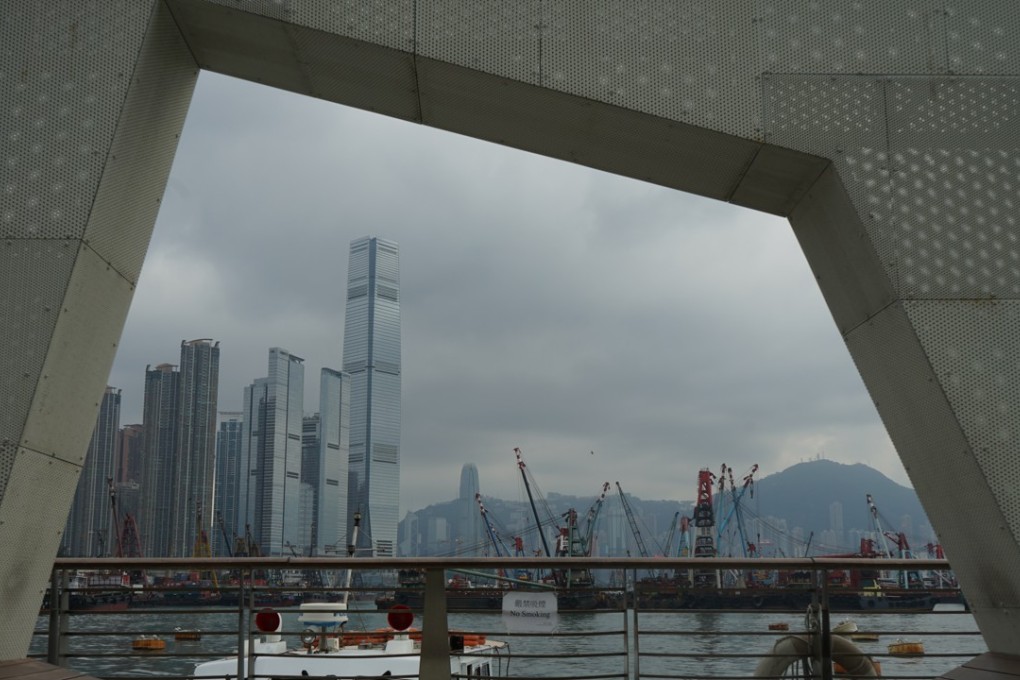Concrete Analysis | Let’s take another look at land use planning and regulation

In the world of “mega”, “smart” and “liveable” cities much is written about innovation and technology and the need for new and creative drivers to revitalise economic growth. However, many of those excited by their visions for the future overlook the “legacy” ecosystems and regulatory structures which form the platform on which their brave new world has to take root. These legacy systems
include not only long established legislative frameworks with their embedded guidelines, administrative systems and practice notes. They also include associated civil service and corporate mindsets, cultures and comfort zones which have developed over many years of familiar decision making parameters and safe, well understood methods of implementation and delivery.
Hong Kong’s well-regulated governance policies and delivery mechanisms have stood it in good stead over the years, providing certainty and ensuring a generally level playing field. However, more recently, innovative business models and increasingly rapid technological changes have found many of our regulations a barrier rather than a benefit and as such inflexible and unwelcoming. This in turn
has constrained the speed of local innovation, the adoption of some new technologies and a general feeling that Hong Kong is losing its cutting edge while other cities and countries are moving ahead.
Clearly, open and trustworthy regulation in areas impacting medical standards, food security and other such life and death livelihood issues have to be maintained but even these need regular review and update to ensure that they remain relevant and recognise changes dictated by new knowledge and experience. Equally we need to put in place new standard requirements in the areas of environmental performance and to ensure a sustainable future.
It seems we need new “frameworks” to ensure a more liveable city and a better quality of life for our residents but, within these frameworks, a more flexible, performance related, regulatory regime which will encourage innovation and the introduction of meaningful new technologies. The city needs to regularly regenerate itself to enable it to remain relevant and attractive to highly qualified, much needed talent and to improve living conditions for all. It is therefore essential that legislative and regulatory frameworks keep up with the times.
A good start in Hong Kong would be to carry out regulatory impact assessments of all new and existing legislation to ensure it is clear, transparent, continues to be valid and delivers on its stated objectives. All legislation also needs to be consistent with all existing policies, institutional arrangements and current regulations and assessed from the perspective of its incremental impact on business or society – a reluctance to take into consideration associated or incremental impacts results in flawed assessment outcomes.
